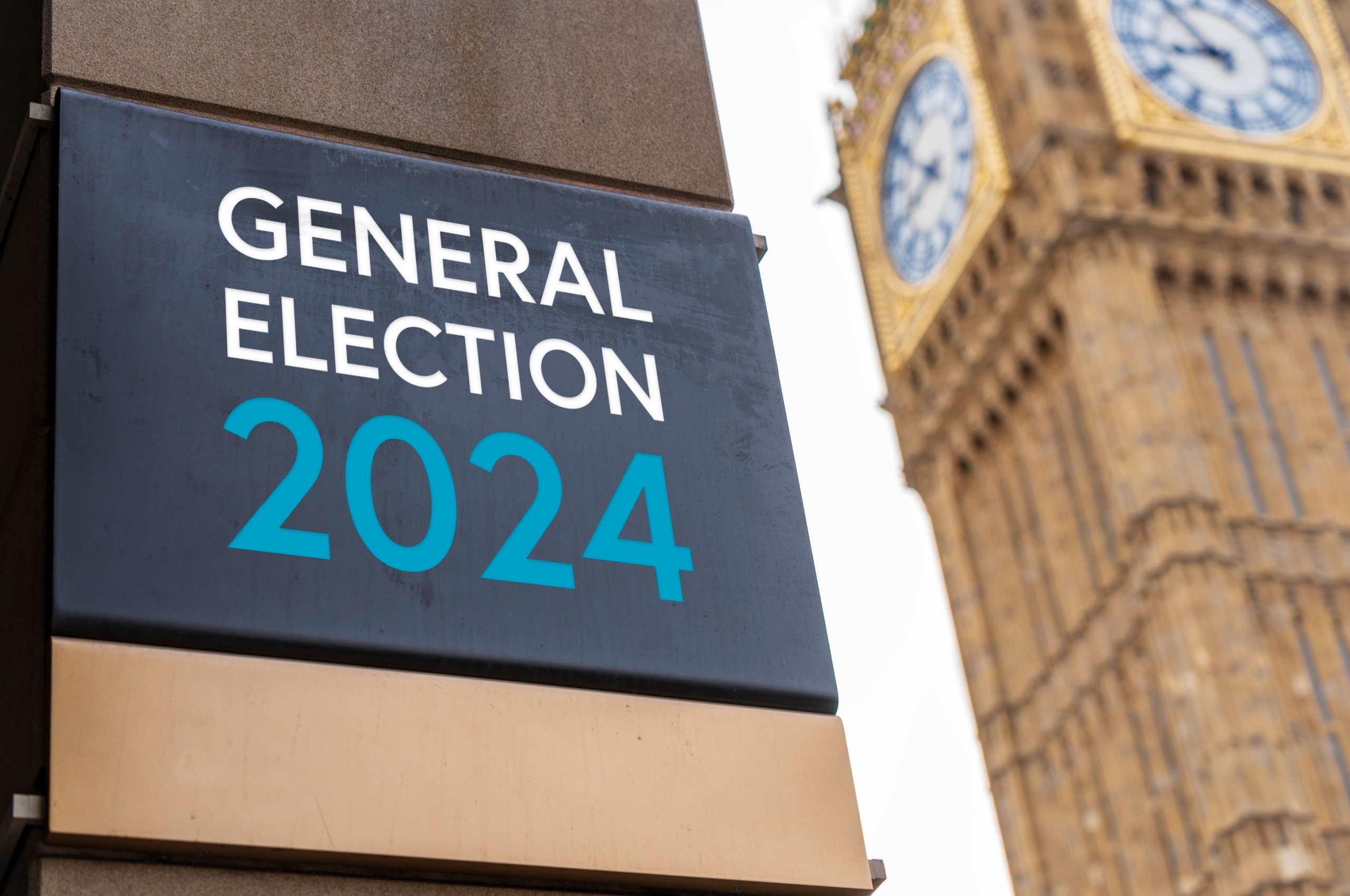
Interest rates can affect all areas of your finances, including your mortgage, savings accounts, and even your investments.
Over recent months, the Bank of England (BoE) has held the base rate, which influences interest rates, at a 15-year high of 5.25% in a bid to bring inflation back to its 2% annual target. In May, the Office for National Statistics reported that inflation, as measured by the Consumer Prices Index had achieved the BoE’s target.
Now that inflation has returned to a sustainable level from its peak of 11.1% in October 2022, and provided it remains at a manageable level, the BoE has hinted that the base rate could soon fall.
There’s no guarantee when this could happen, but Reuters reports that economists expect the first cut to happen in August or September of this year. In turn, this could mean that high street banks and lenders can begin to cut the interest rates they offer their customers.
Read on to learn how interest rate cuts could affect you, whether you are a borrower, saver, or investor, and what you can do to continue to work towards your long-term goals.
It may soon be less expensive to borrow
Interest rate rises can be painful if you have a mortgage, car finance deal, or other types of loans. The higher the interest rate, the bigger your monthly repayments. So, as interest rates fall, you may notice that the repayments on your mortgage and other loans fall too, provided that the interest rate is variable.
It’s up to your lender to decide the interest rates that they will charge on their products, though they will usually use the base rate to determine this.
If you are on a tracker- or variable-rate mortgage, a drop in interest rates by your lender may affect you immediately. If you have a fixed-rate mortgage, though, your repayments won’t change until the end of your existing deal.
When borrowing becomes less expensive, you may notice that you have more disposable income than you did when your repayments were higher. It’s sensible to think carefully about how you can use this “extra” cash to boost your financial wellbeing. For example, it may be helpful to increase your pension contributions so that you can build your retirement pot more quickly.
Your financial planner can help you decide how best to use the money to improve your standard of living or assist you in achieving your long-term goals more quickly.
The interest rate on your savings account may fall
Though falling interest rates are generally good news for borrowers, the opposite is usually true for savers.
Over the past couple of years, you have been able to secure some of the highest interest rates on your savings in over 15 years. Many easy access savings accounts and Cash ISAs have offered competitive rates, some of which have even outpaced inflation in recent months.
But if the interest rates on your accounts fall, your savings won’t grow as quickly as they did previously. If the rate falls below the rate of inflation, your savings could lose buying power over time.
To make the most of the rates that are available at the moment, you could consider a fixed-rate savings account, which guarantees you a certain interest rate provided you don’t access the money during the specified time frame.
We can help you to secure the most competitive rates for your cash savings. We have recently partnered with Insignis to offer access to savings accounts from a wide range of banks, always maintaining the full level of protection from the Financial Services Compensation Scheme (FSCS). Please get in touch to learn more.
Investors might notice higher returns and less volatility
Interest rates and share prices can be inversely related, so when interest rates fall, investors may notice less volatility and higher returns on equities.
This is because borrowing becomes less expensive for businesses, so it’s easier for companies to reinvest their profits for growth, and it makes their cash flow more reliable. As a result, earnings may increase, pushing up the value of the company.
Alongside these effects, lower interest rates mean that consumers have more disposable income and are more likely to spend money on goods and services, helping the companies on the stock market to thrive.
While there’s no guarantee about how the stock market might react to falling interest rates, as an investor you could stand to benefit from the imminent cuts.
Get in touch
Our team of independent financial advisers in Lewes is here to support you in managing your wealth through both high and low interest rates.
To find out more, please get in touch by emailing us at financial@barwells-wealth.co.uk or calling on 01273 086 311.
Please note
This article is for general information only and does not constitute advice. The information is aimed at retail clients only.
Please do not act based on anything you might read in this article. All contents are based on our understanding of HMRC legislation, which is subject to change.
The value of your investments (and any income from them) can go down as well as up and you may not get back the full amount you invested. Past performance is not a reliable indicator of future performance.
Investments should be considered over the longer term and should fit in with your overall attitude to risk and financial circumstances.
Your home may be repossessed if you do not keep up repayments on a mortgage or other loans secured on it.







 Production
Production